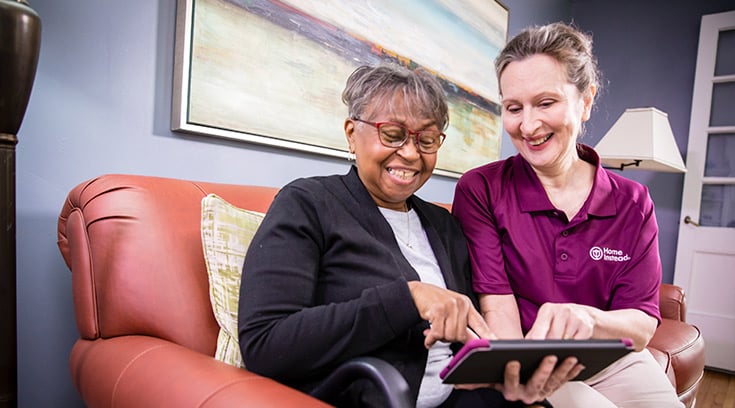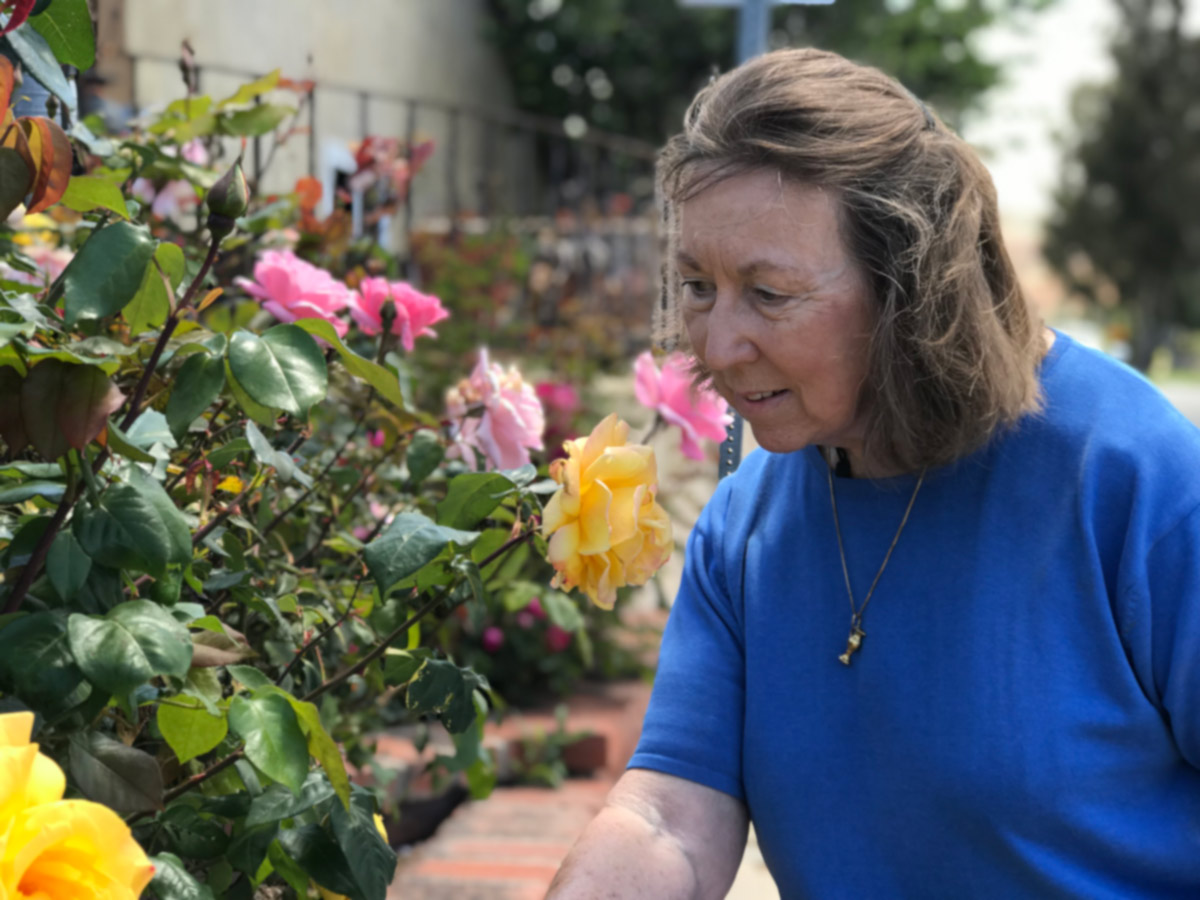The original name of the U.S. Alzheimer’s Association was the “Alzheimer’s Disease and Related Disorder Association.” Despite that early nod to the “related” or “other” dementias, for many years almost all the public’s focus was on Alzheimer’s disease, the leading form of dementia. Approximately 60 percent of all dementia cases are Alzheimer’s disease with symptoms affecting memory, thinking, language and judgment.
Other Dementias Affect Hundreds of Thousands, if not Millions of Persons Worldwide
Vascular dementia develops when impaired blood flow to parts of the brain deprives cells of oxygen. In one form, a series of very small strokes or “infarcts” block small blood vessels. Individually, these little strokes do not cause major symptoms, but over time their combined effect becomes noticeable, which is one reason why this type of dementia was formerly called “multi-infarct dementia.”
Most of the “memory medications” used to treat the symptoms of Alzheimer’s disease (the cholinesterase inhibitors like Aricept) have also been shown to help individuals with vascular dementia. Lifestyle changes that support good heart health and reduce stroke risk may also be helpful.
Mixed dementia is a condition in which a person shows brain changes of more than one cause of dementia. A common example of this when Alzheimer’s disease and vascular dementia occur at the same time. In this case, the treatment is similar to vascular dementia.
Lewy Body dementia is characterized by abnormal deposits of a protein called “Lewy bodies,” after the scientist who first described them.
Symptoms include memory problems, poor judgment, and confusion similar to Alzheimer’s. What is different is that persons living with Lewy Body may have excessive daytime drowsiness, profound visual hallucinations, movement symptoms and a lack of facial expression. The traditional dementia medications may be helpful; however, persons living with Lewy Body dementia are often quite sensitive to psychotropic medications.
Parkinson’s disease can sometimes be accompanied by dementia. In fact, dementia occurs in 15-30 percent of persons living with Parkinson’s disease, usually appearing in the later stages of this chronic brain and nervous system disorder. Classic symptoms of Parkinson’s include tremors and shakiness, stiffness, difficulty walking and controlling muscles, lack of facial expression and impaired speech.
Parkinson’s medications help with physical manifestations of the disease, but may have the side effect of added confusion.
Frontotemporal dementia (often called “frontal-lobe dementia”) is a rare disorder that affects the front (frontal lobes) and the sides (temporal lobes) of the brain. Symptoms include a more rapid onset of symptoms than Alzheimer’s disease, as well as changes in personality, judgment, planning and social functioning. Individuals may make rude or off-color remarks to family or strangers. They may make unwise decisions about finances or personal matters. The symptoms of this type of dementia typically start between the ages of 45-64.
There are no current treatments specifically for frontal-lobe dementia. The traditional memory medications, cholinesterase inhibitors such as Aricept, may make this form of dementia worse and are usually not recommended. Antidepressants may be helpful.
Accurate Diagnosis is Important
A thorough medical examination can usually identify the specific dementia diagnosis. Knowing the diagnosis can help family members better understand and cope with their situation. For example, if a person living with frontal-lobe dementia makes hurtful remarks, a well-prepared family member may better take the remarks in stride. If a person living with Lewy Body dementia is talking to “little people” in the room, a caregiver who understands that this is common will know not to overreact.
Staying abreast of new trends in dementia and dementia care is a priority for the Home Instead® network, says Home Instead Gerontologist and Caregiver Advocate Dr. Lakelyn Hogan. “Knowing about these other dementias will help our wonderful CAREgiversSM come into the home with wisdom and confidence."
Person-Centered Dementia Care
Home Instead Care Professionals are trained using a one-of-a-kind protocol for Alzheimer’s and other dementias. Our person-centered approach honors your loved one and preserves their dignity.




